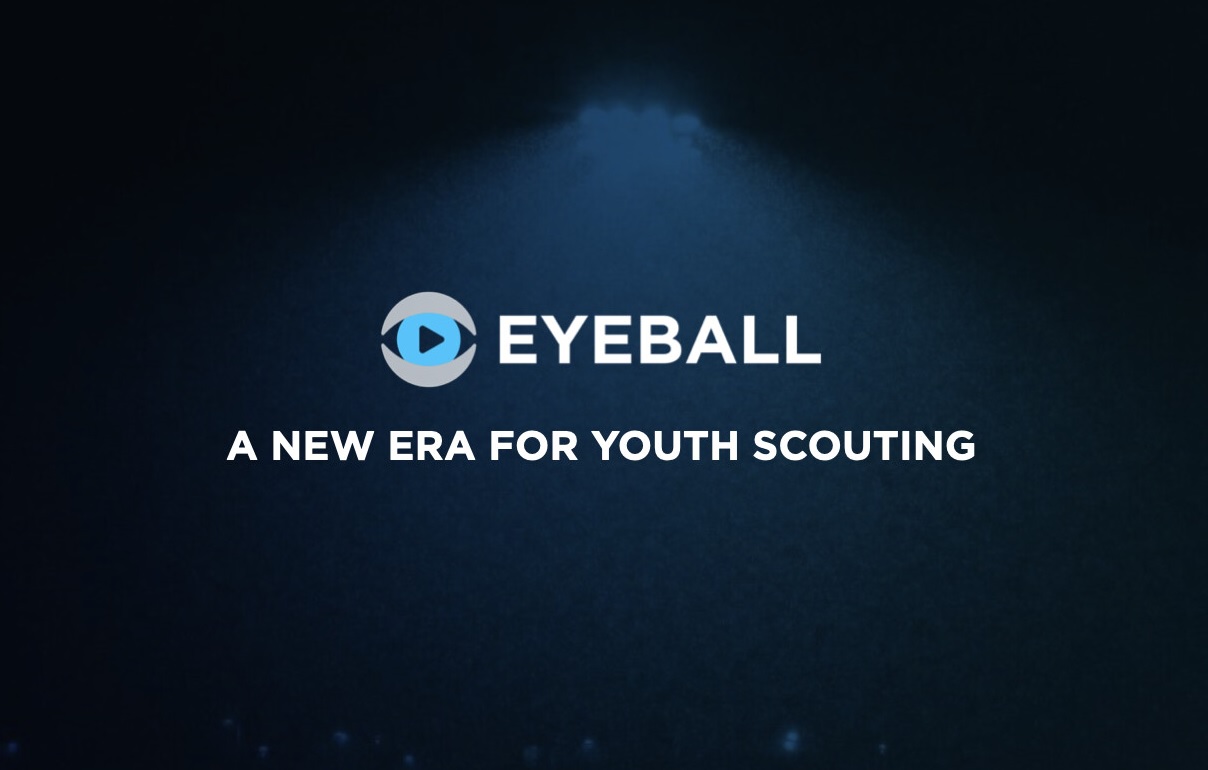Israel-based zero-knowledge technology startup Ingonyama raised $21 million in seed funding. The company hosts open-source libraries for zk proof acceleration with a longer-term goal of creating zk-focused semiconductors.
Zero-knowledge proofs are a cryptographic tool that allow a statement to be proven true without revealing the contents of the statement itself. Zk proofs are commonly used in crypto for verifying transactions on blockchain-scaling rollups.
Though it has plans for chip design, the software is coming before the hardware for Ingonyama. The company currently offers two open-source libraries for zk acceleration. ICICLE helps developers build zero-knowledge products on GPUs, which are data-intensive processors popular for crypto mining.
“It should be very easy for developers to just play and not even understand what they’re doing when it comes to ‘what is the GPU?’ but still enjoy the benefits of zk acceleration out of the box,” Ingonyama founder Omer Shlomovits said. Ingonyama offers a similar service called BLAZE for a class of semiconductors called FPGAs. The startup’s current main source of revenue is from clients using its open-source libraries. These clients will pay Ingonyama to make sure their zk infrastructure is properly maintained, Shlomovits said. Ingonyama thinks onboarding users to zk hardware will be easier once a larger number of developers are using the same software.
“Today I’m focusing on the software stack, but tomorrow once I have some kind of hardware of my own, [developers] can just take out the existing hardware, plug in new hardware, like an ASIC let’s say, and then you can get a performance boost that would return on investment pretty quickly,” Shlomovits said.
Shlomovits said Ingonyama is hoping to release some intellectual property in the coming months regarding zero-knowledge hardware.
Zero-knowledge proofs are a trendy concept in crypto, and Ingonyama becomes the latest in a string of firms that have raised on the promise of building out zk tech. A16z crypto speculates that SNARKs, an application of zero-knowledge, will go mainstream in 2024.


